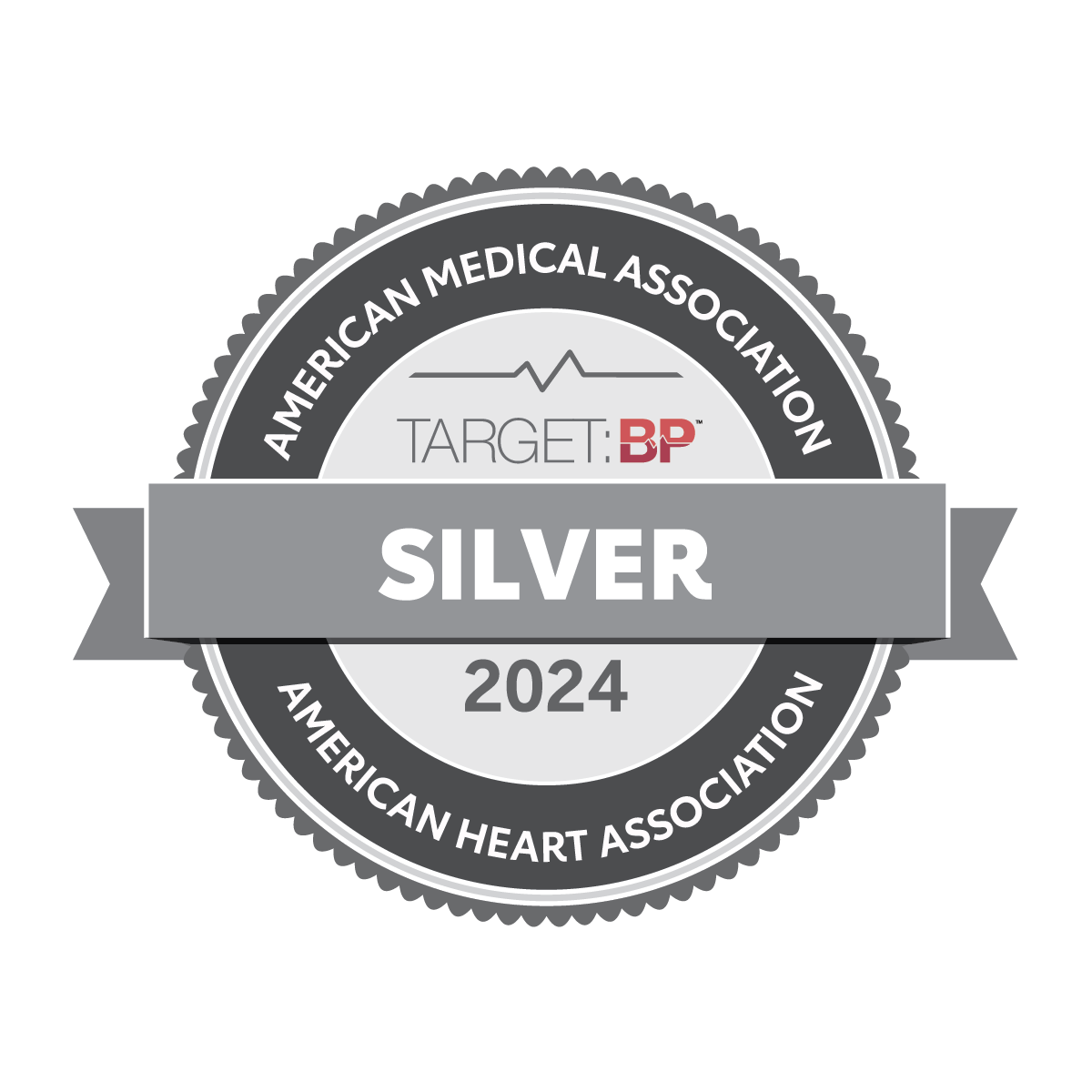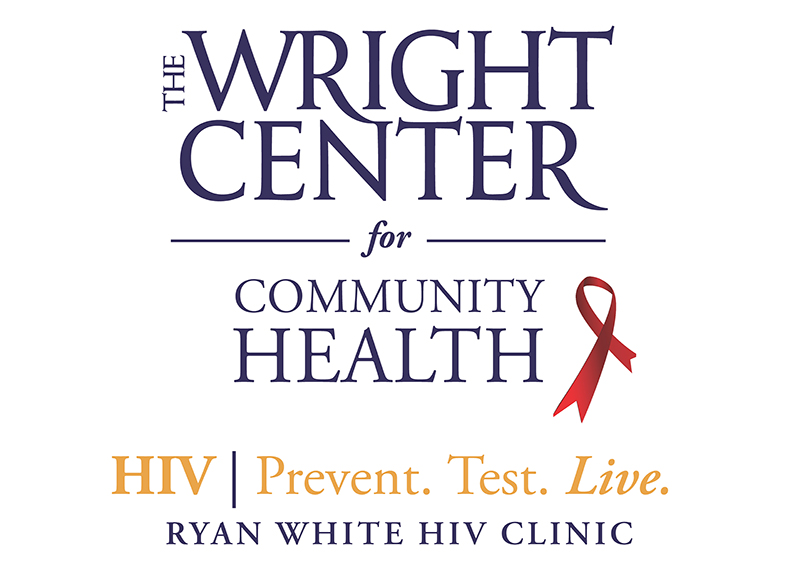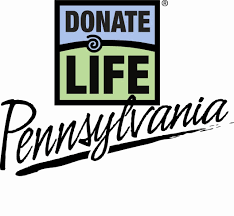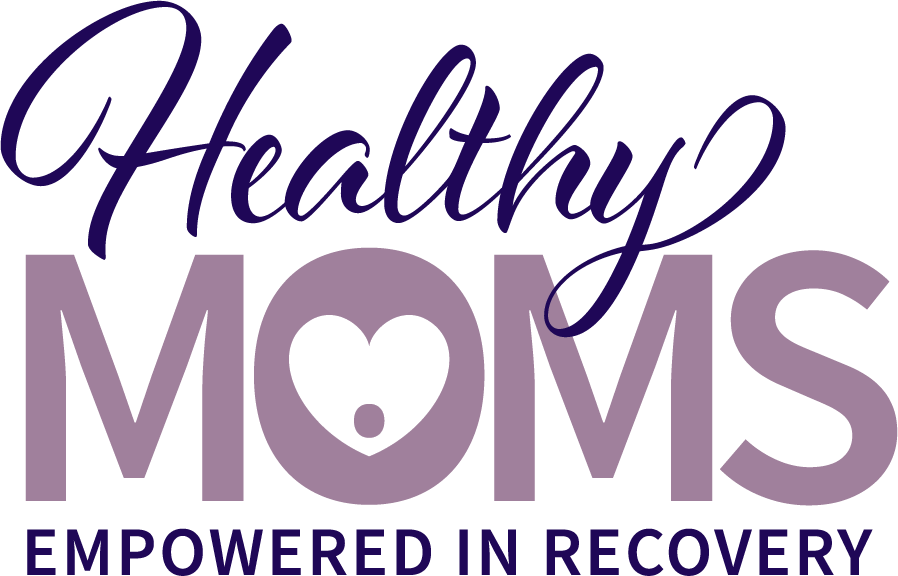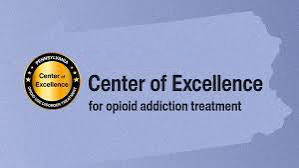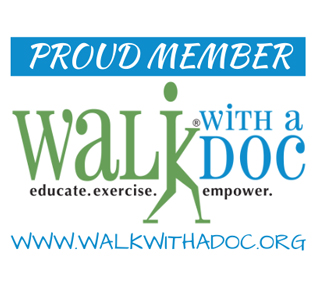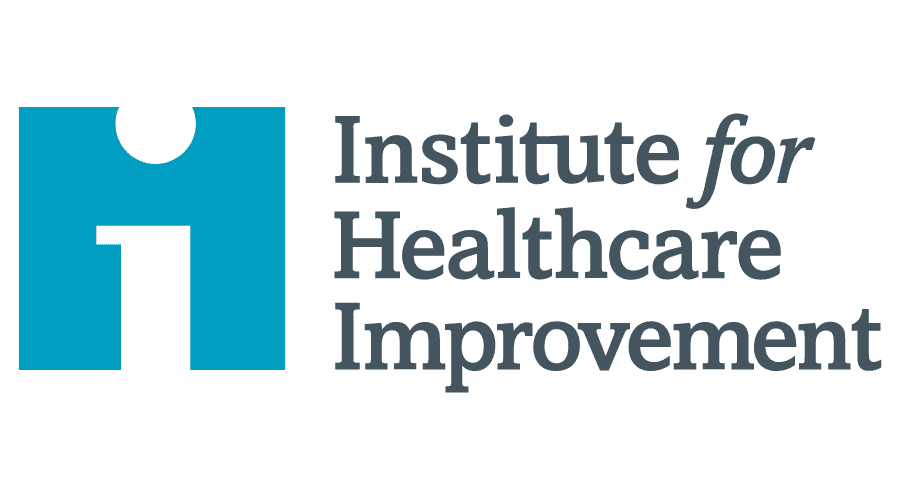News
Summer Safety for Kids
This edition of The Wright Medicine features guest columnist Alexies Samonte, M.D., Medical Director of Pediatric Services at The Wright Center for Community Health, who shares important summer safety reminders for kids and parents.
Summer is finally here, and so are the freedoms of warm-weather, outdoor activities! As we head into the Fourth of July weekend and celebrate fewer restrictions now that communities are closer to reaching herd immunity from COVID-19 – especially with kids as young as 12 eligible for COVID vaccines – I’d like to offer some general safety tips to families.
Whether your kids are enjoying summer at home, on the road or at camp, address these topics with your family to keep them healthy and happy.

Keep a close eye on water activities
Water safety should be a top priority for parents, whether you have a pool in your backyard or visit a water park, community splash pad or resort. Drowning is the leading cause of injury-related death for children ages 1 to 4 in the United States, and it only takes seconds to happen. Actively supervise children at all times in or around water, and make sure you have the right equipment to keep pools safe. Consider swim lessons to strengthen your child’s abilities.
Look for signs of overheating
Heat stroke can be life-threatening for children, with cases spiking in July and August. Prior to heat stroke, kids often show milder symptoms such as heat exhaustion. What does it look like? Signs can include cool, clammy skin (despite the heat); goosebumps; headaches and irritability; dizziness, fainting or nausea/vomiting; and increased sweating and thirst. Make sure children take water breaks and wear lightweight clothing when playing outside. Heat stroke is also extremely dangerous to kids who are left in or gain access to cars: it’s the leading cause of deaths in vehicles (excluding crashes) for children 14 and younger. Car temperatures can reach dangerous levels within an hour even on mild days, and since children’s bodies heat up three to five times faster than adults, it’s critical to stay vigilant about keeping car doors locked, keys out of reach and establishing a double-check system when you arrive at a destination to avoid forgetting kids in the backseat.
Always use sun protection
Whenever your child goes outdoors, make sure to apply sunscreen with SPF 15 or higher. Reapply every two hours or immediately after your child has been sweating or playing in (or been splashed by) water. Try to avoid outdoor activities during peak sunshine hours, or seek shade regularly and be sure to stay hydrated.
Watch out for bug bites
Parents can do their best to help kids avoid bites and stings from Pennsylvania pests like mosquitoes, spiders, ticks, flies and wasps by applying insect repellent before going outdoors, covering arms and legs as much as possible, and avoiding heavily scented soaps or lotions. If your child has been bitten, wash the area thoroughly and elevate it; use ice for pain and swelling; and use antihistamine medications as directed. Seek immediate care if symptoms such as chest tightening, shortness of breath, lightheadedness, fatigue/drowsiness or swelling in other areas of the body develop.
Enjoy fireworks safely
Some fireworks safety tips are more obvious, like not letting very young children handle them, never lighting them indoors, and never pointing fireworks at another person. But even sparklers are a lot more dangerous than most people think – in fact, they burn at about 2,000 degrees, which is hot enough to melt metals. According to the National Fire Protection Association, sparklers alone account for more than 25% of emergency room visits for fireworks injuries. If you’re celebrating the Fourth of July with a bang, keep your kids safe.
Use personal protective gear
Whether it’s ensuring your child is outfitted in a snug yet comfortable flotation device or life jacket in the water (and on boats), wearing their helmet while riding their bike, or strapping on knee and elbow pads during athletics, parents can avoid all kinds of trips to the emergency room by requiring safety equipment during playtime.
Avoid playground injuries
According to the CDC, more than 200,000 children go to the ER every year for playground-related accidents. The worst culprit? Monkey bars, which cause half of all serious playground falls. Supervise your child closely while they play and assist them if they are still learning. Touch equipment to check for hot surfaces before playing on it. Keep a close eye on children at playgrounds, and choose the right play equipment for your child’s age and skills.
We’re all eager to get back to “normal” life and enjoy some well-earned time off, but it’s important to keep your health a priority, even when you vacation or relax by the pool. Stay safe and healthy this holiday weekend and throughout the warm months ahead. Happy Fourth of July!
For more information or to schedule appointments for any children’s primary care services, visit TheWrightCenter.org or call 570-230-0019.

